Hall Baltimore (Val Kilmer) is a successful writer struggling with his own personal demons. His personal life and professional career are slipping through his fingers as he desperately searches for a path towards rescue. A recent tragedy has put his mental state and his marriage in jeopardy; his complacency with his own writing has left him uninspired. He is at a crossroads as he arrives in a small town on a book tour promoting his latest novel about witchcraft and horror. The local sheriff, Bobby LaGrange (Bruce Dern), is an aspiring writer and draws Baltimore into the town’s personal murder mystery involving the staking of a young girl.
REVIEW:
Acclaimed and celebrated director Francis Ford Coppola is no stranger to horror directing Bram Stoker’s Dracula with Gary Oldman in 1992. With Twixt, the director of The Godfather and Apocalypse Now returns to the genre with his mystery thriller involving ghosts, murder, vampires and Edgar Allan Poe. Coppola casts Val Kilmer as protagonist author Hall Baltimore. Kilmer brings a tipsy, lost quality to the role with a hint of desperation that keeps the character from becoming entirely one dimensional.
The cast also include Bruce Dern as a deranged police chief and Elle Fanning as the mysterious and charismatic V. Twixt is ripe with a dream-like quality coming across like an unhinged episode of Twin Peaks where characters enter the narrative with purposes masked in mist and shadows. Before too long, the film is divided into two shared stories, one in the living world where Baltimore struggles with writing his next novel and one in the author’s dream world where a melding of the local mystery and his own imagination weave together the source for his inspiration. Unfortunately neither world is interesting enough to hold the film together and the strands of consciousness that attempt to hold the story in place unravel frame by frame. Twixt is dull and lifeless with weak performances. The film is visually sloppy and awkward, especially for a director of this caliber. The story struggles to draw the audience in, to connect with Baltimore in more than the most surface manner. In other hands, Twixt might be the promise of what is to come instead of a disappointing exercise from a modern film master.
Experimentation is good for cinema, it ensures the medium continues to grow. This does not result in every whimsy producing a successful result. With Twixt, Coppola takes risks in both his story and his direction and experiments with the addition of 3D (note: not evident in the 2D viewing on DVD). Twixt drowns in is own ambition neglecting to include those ambitions on screen; they remain hidden, they are only whispers between the frames lost in thought and dream. It is ironic (or perhaps on purpose) the movie is about an author searching for an ending in a movie that has no real ending. The film’s resolution is only hinted at between the movie’s conclusion and it’s epilogue. Thankfully, Hall Baltimore gets his personal resolution but the film, the story, does not. The ending leaves out the best parts – at least those hinted at during the conclusion – but includes the silliest and least effective imagery and notions. In interviews, Coppola reveals the film’s script came to him in a dream but he awoke before deriving its end; this film suggests he has yet to find that conclusion. The way this film ends also suggests this may be the point of Twixt but the epilogue itself stomps on that possibility as it attempts to wrap up Baltimore’s return to civilization too neatly. Instead of a dream, or even a nightmare, Twixt ends up being more akin to imaginations of a troubled nap without enough substance to make it worth while.
Twixt promises to be a good vehicle for Val Kilmer as the film’s lead. He’s at a time in his career where he seems a natural for where Hall Baltimore is in the story. Kilmer provides Baltimore with an anguish and grief that lends to the story’s inclusion of dream state episodes. It’s only when he gets a little too frivolous with his improvisations that he falls out of character, even if his impersonation of Marlon Brando is one of the film’s highlights. He really shines when it comes to dealing with the root of the character’s emotional problems, but the film allows far too little time to delve into that well enough. The purist confrontation for Kilmer’s Baltimore is reduced to mere mention in passing and the briefest of resolution; it becomes a subplot when it deserves to the be driving force behind the story. Bruce Dern appears as a wannabe writer that draws Baltimore into the mystery. Dern brings his signature manic stylings to Bobby LaGrange with his quiet anger and explosive tone. But the character isn’t much different than Frank from Big Love except in Twixt he’s wearing a sheriff’s outfit. Still his energy and presence is undeniable from his very entrances onward to his confrontation with Baltimore. Elle Fanning, fresh from Stephen Spielberg and J.J. Abrams’ Super 8, is on board as V, the mysterious young girl haunting Baltimore’s dreams. She serves as both his guide through the dream world and an indirect tie to reality in two major ways. She is the film’s biggest asset; she charges the film when on screen. She gives the film it’s core emotion as well, that of loss and heartache. The cast is undeniably strong in Twixt but each character, each actor, struggles to find in the script, the full purpose of their role. The result is a mixed bag of dull and lifeless performances even if they are technically first-rate.
For a horror thriller with ghosts, murder and vampires, Twixt surprisingly lacks tension, suspense or terror. It gets creepy and atmosphere but fails to expand upon these base embellishments. Kilmer’s Hall Baltimore draws upon the ghost of author Edgar Allan Poe to provide exposition for his dream world referencing The Raven and quoting “Nevermore” as the pinnacle of that character’s involvement. It’s a natural evolution of the protagonist incorporation of local notoriety into his own dreams but the imagination stops there. Nothing noteworthy is done with this promising concept. Poe becomes an idea for idea sake. The film has it’s biggest success when presenting the town’s murder mystery in the author’s dreams allowing for haunting imagery and chilling interaction with historical and traumatic events. The only problem is it never engages the author in his own dreams and therefor never involves the audience either. The hints a vampirism – the murdered girl driving the mystery is found staked through the heart – lie just below the surface of the entire film but feel out of sync with the other elements of the script: Poe, the Priest, the Sheriff, the dreams. The reveal of the twist are transparent from the very beginning. The film’s many genre ambitions work against each other with none fleshed out enough to provide the level of horror the film strives for. This makes the finale more ridiculous than rewarding, destroying any glimpses of any cinematic mastery previously seen.
Twixt is a disaster, a promising experiment from an accomplished director that falls flat weighed down by its own appetite. It is dreary and meandering, failing to deliver on its many promising premises. The actors serve the script best they can but find too little to draw upon. Kilmer is best when dealing with the lead character’s true emotional problems for about 5 minutes of the film. For the rest of his screen time, the film guides him instead. The visuals are clumsy given too much freedom due to the dream like nature of much of the film. Characters, such as V, are inconsistent in tone and presence which undermines their intent and execution for the film. The result is as confusing as a half remembered nightmare with only bits and pieces remaining to string together in the most comprehensible manner possible. Twixt is the victim of too much conscious controlling a story stemming from the freedom of an unconscious stream, trying to reason that which is unreasonable. This leaves all the good parts as a faint memory, a dim flash of what was or could be leaving only the possibilities themselves.
Twixt (2011) is now available on bluray per 20th Century Fox
Twixt (2011)
 Horror News | HNN Official Site | Horror Movies,Trailers, Reviews
Horror News | HNN Official Site | Horror Movies,Trailers, Reviews
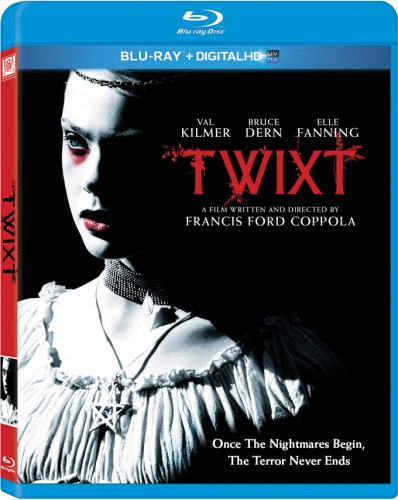
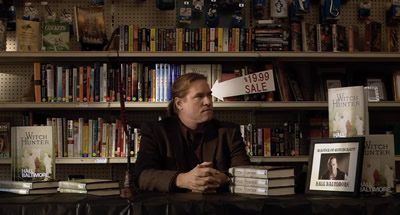
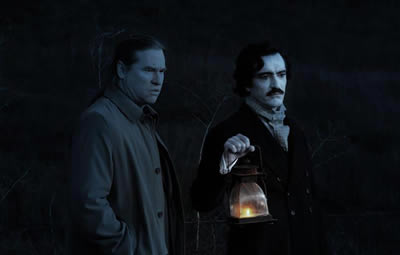
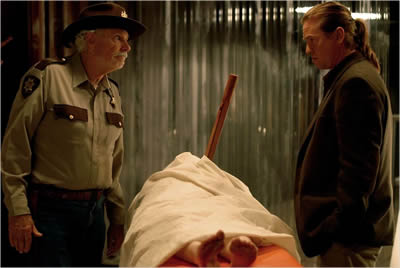
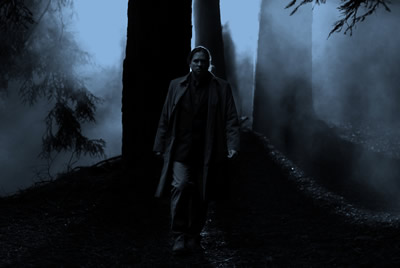
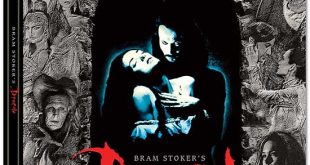

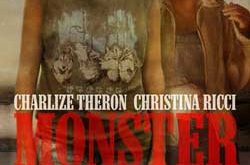
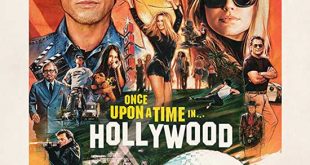
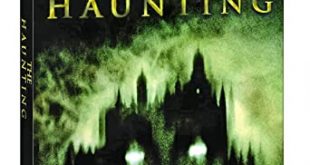
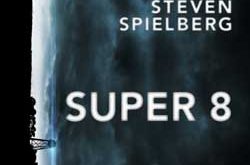
Thanks for finally writing about > Film Review: Twixt (2011) | Horrornews.net < Loved it!